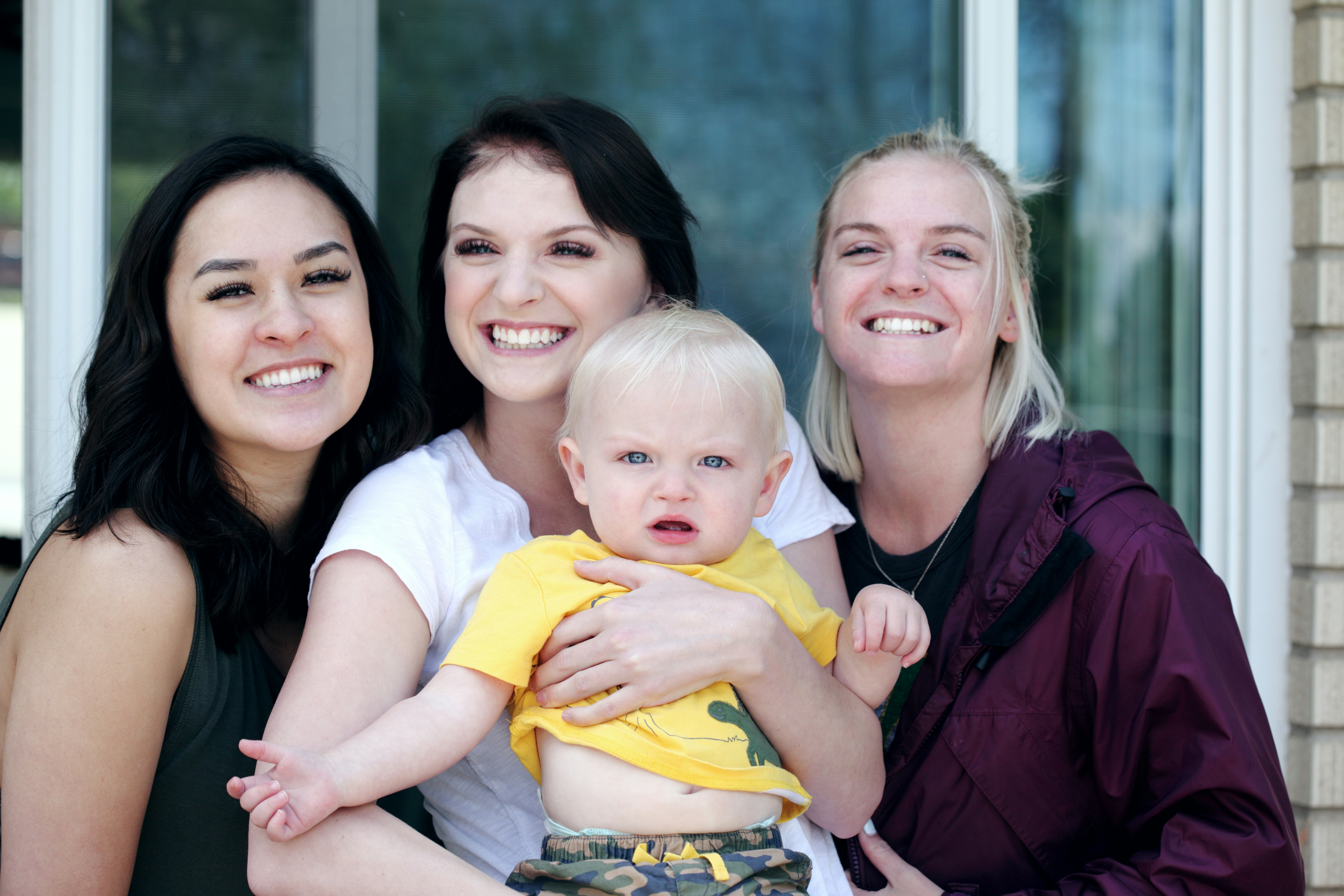Across the globe, happy, young couples dream of one day starting a family. For LBGT couples, this process may require a few extra steps. While many individuals turn to adoption, as science grows and expands, the possibility for LGBT couples to have biological children is more accessible than ever.
In vitro fertilization (IVF) helps thousands of partners, including same-sex couples, who cannot conceive a child on their own become parents. Through different avenues of IVF, gay, lesbian, and transgender individuals can pursue planning for a biological family. If this is something you and your partner are hoping to pursue, here are a few pieces of info to know before you get started.

Find Your Doctor
As with any scientific procedure, you’ll need excellent medical care. With fertility clinics appearing throughout the country, do your research to find the best doctors near you who will treat your case with compassion. Because you will require different needs than heterosexual couples, don’t be afraid to ask how the office helps the LGBT community. For example, Pacific Fertility Center, which is one of the best IVF clinics in Los Angeles, states on the front page of their website its options for LGBTQ couples. They also have tremendous success rates and extensive experience. Finding a rapport and level of trust with your fertility doctor guarantees the future of your family is in good hands.
Do note that LGBT fertility treatment is not often covered by health insurance. Finding a doctor with an affordable treatment plan will also be essential. This process could cost $10,000 or more, so saving up now will help you when you’re ready to pursue starting your family.
The Pacific Fertility Center Los Angeles is located at 10921 Wilshire Blvd Ste 700, Los Angeles, CA 90024 Phone: (310) 209-7700
For Two Mothers

The LGBT community is a vast one. So first, let’s examine the circumstances for lesbian couples hoping to become parents. The good news is if one of you has a healthy uterus, the likelihood of needing a surrogate is small. The hardest decisions you’ll have to make are which egg you’ll use and who will carry your child. Specialists will evaluate your fertility potential to help decide. From here, you have a few options, but all require a sperm donor. Sperm banks allow you to evaluate donors on their physical appearance, health, and genetic background.
Once you’ve found your sperm donor, you can go one of two ways. Traditional IVF where one of you provides egg samples to be fertilized in a lab and then reimplanted in your uterus. The second option would be intrauterine insemination. This process involves inserting the sperm sample directly into one partner’s uterus. Both options are safe and healthy, so the decision is up to each couple individually.
For Two Fathers
For gay men pursuing fatherhood will require additional reproductive partners known as surrogates. These are women who volunteer to carry another couple’s child. There are two forms of surrogacy, traditional and gestational. During traditional surrogacy, the surrogate woman‘s eggs are inseminated directly, so they are both egg donor and carrier of your child. In situations of gestational surrogacy, a separate egg donor, often someone the gay couple knows, provides the egg.
An embryo is then created through IVF and implanted in the surrogate’s womb. Your surrogate may be someone you know or you can find agencies to connect you. Be aware that the relationship between surrogates and hopeful parents is an intimate one. They will be present for the entire process of fertility care. Foster this relationship and be sure it is a good fit before you proceed.
For Individuals Who Are Transitioning
Fertility treatment is not reserved for just gay men and lesbians, but also those who are undergoing transition. If a transgender individual would like to have a biological family, there are a few options. Before undergoing their transition, it is possible to freeze sperm and eggs to later use for conception. Transgender men who retain their uterus can also later carry a pregnancy. Again, speak to a fertility professional to find the best options to fit your needs.
Mental Health Care
Starting a family can be a stressful time, especially when you consider the extra steps LGBT couples must take. Be sure you’re also maintaining a supportive environment for each other and monitoring your mental health.
Perhaps LGBT couples counseling may be a good outlet for you during this time. Reproductive health care is not an exact science, so find a therapist with years of experience helping gay men and lesbians navigate difficult situations. As a part of the LGBTQ community, there are unique challenges you will experience as a couple and as hopeful parents. Couples therapy can help you see that you’re not alone and your feelings are valid will help you keep the faith during this long process.





